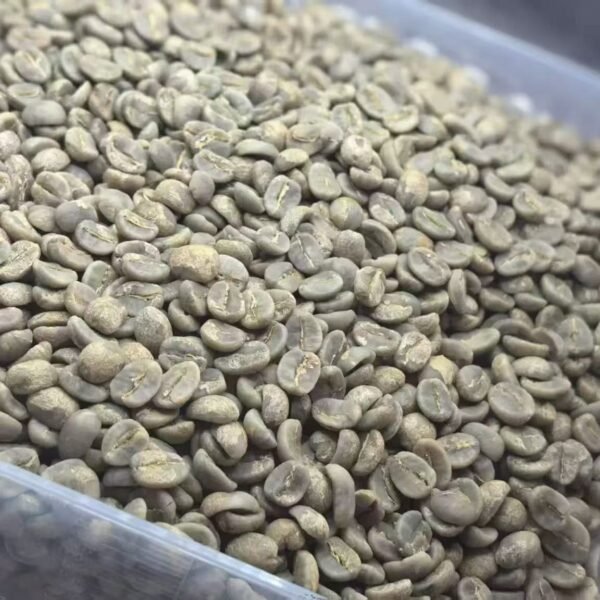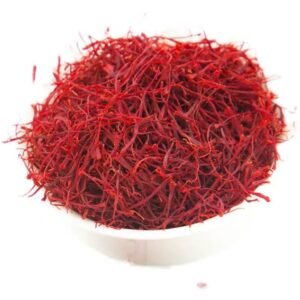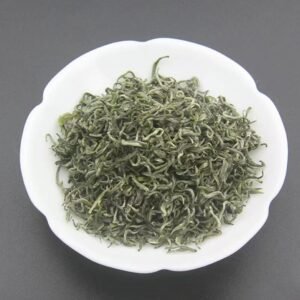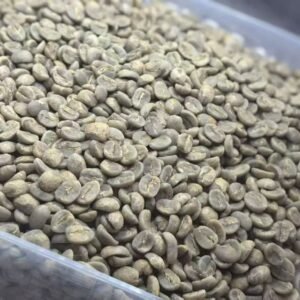Yunnan Small-Bean Coffee, also known as Yunnan Arabica Coffee, is a high-quality coffee variety grown in Yunnan Province, southwest China. It is called “small-bean” due to its compact, dense beans, which are rich in flavor and aroma. Over the past few decades, Yunnan has become China’s coffee capital, with its beans gaining recognition on the global specialty coffee market.
1. Origin & Growing Conditions
Yunnan’s ideal climate and geography—with high altitudes, mild temperatures, abundant sunshine, and fertile soil—make it perfect for growing Arabica coffee, especially the Typica and Catimor varieties.
•Main growing regions: Pu’er, Baoshan, Dehong, Lincang
•Altitudes: Typically between 1,000–2,000 meters
2. Flavor Profile
Yunnan small-bean coffee is known for its:
•Medium body
•Bright acidity
•Floral and fruity notes (such as citrus, berry, or jasmine)
•A smooth, clean finish with subtle earthy or nutty undertones
Depending on the processing method (washed, natural, or honey), different flavor characteristics are enhanced.
3. Production & Processing
Farmers often use sustainable farming methods and hand-picking techniques to ensure bean quality. Processing is done using both wet (washed) and dry (natural) methods to suit different markets and flavor profiles.
4. Cultural & Economic Significance
Coffee cultivation in Yunnan began in the late 19th century, but it expanded significantly in the 1980s and 1990s with international cooperation. Today, Yunnan produces over 90% of China’s coffee, supporting local economies and ethnic communities.
Yunnan coffee is now:
•Served in specialty cafes across China and internationally
•Featured in coffee competitions and cupping events
•Exported to markets in Europe, Japan, and North America
5. Modern Appeal
With rising global interest in origin-based and single-origin coffees, Yunnan’s small-bean coffee is gaining popularity for its unique terroir, consistent quality, and distinctive flavor. It represents a fusion of local tradition and global coffee culture.





